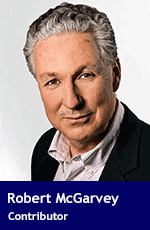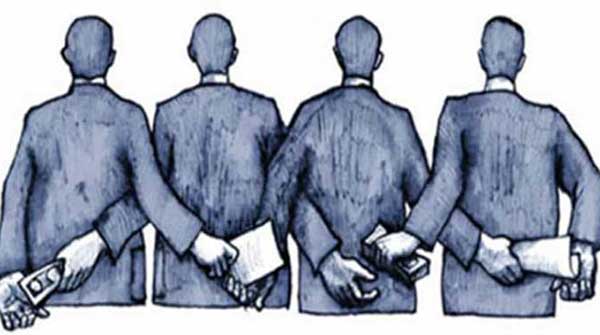 Politics in Canada is hitting new lows. Our last few federal elections have been filled with negative attack ads, robo calling scandals and bitter animosity. Meanwhile the House of Commons has become a partisan war zone, where artless backbenchers earn political points firing barbed insults across the floor.
Politics in Canada is hitting new lows. Our last few federal elections have been filled with negative attack ads, robo calling scandals and bitter animosity. Meanwhile the House of Commons has become a partisan war zone, where artless backbenchers earn political points firing barbed insults across the floor.
It is no surprise that municipal politics is the most representative and effective level of government in Canada. Rob Ford aside, it’s more civil, more accountable and more democratic than provincial or federal politics.
Why? Because it’s the only level of government in Canada without political parties. It is the absence of strict party discipline and intimidating whips that allows municipal politics to be truly representative and democratic.
The tribalism that infects our party politics today is shameful.
Take poor Chris Alexander for instance. This Oxford educated squire is the cream of the Canadian crop. Appointed Canadian ambassador to Afghanistan at the tender age of 34, he’s incredibly bright, poised and compassionate; a rising star in anyone’s game.
Unbelievably, Canada’s childishly partisanship has reduced him to a ill-mannered lout, throwing nasty barbs and shouting angrily at television presenters who happen to ask unconformable questions of the Minister of Citizenship and Immigration.
If rabid partisanship can sully a sterling character like Chris Alexander, what’s it doing to our Country?
Regrettably, it’s threatening our democracy and ruining our quality of life.
It wasn’t always this way. Agreed, we’ve had aggressive political operatives before and the House of Commons has seen its fair share of rude behaviour. But in the past our politicians maintained a higher standard of civility, drew the line at personal attacks and reserved a special place for eloquently crafted arguments.
Today, the gloves have come off. And clearly the intense partisanship we now see is part of pattern that involves party whips nobbling MPs, party officials bullying constituency associations and party executives simply ignoring Canada’s electoral laws. The system is designed to concentrate as much power as possible in the office of the Prime Minster.
It is claimed, by some, that Canadians prefer it this way; according to the script it helps preserve ‘Peace, Order and Good (i.e. strong) government.
But is out-of-control partisanship a danger to democracy?
I guess it depends on how you define the term ‘democracy’. Modern democracy emerged as a governing concept in the 18th century, at the time of the Enlightenment. The radical new ideas that the Enlightenment brought to Western civilization in those heady days were ‘reason and progress’. Democracy was supposed to be about harnessing the power of reason to achieve measureable progress for the whole of society.
But Enlightenment thinkers like John Locke realized that reason and progress could only work their magic if power properly represents the will of the governed. The tendency of political power to concentrate and become tyrannical was obvious then, and so Enlightenment thinkers encouraged the idea of division of powers as a hedge against abuse. Montesquieu said, a ‘free’ country is one in which there was not only a separation of powers but where the spirit of compromise is respected and promoted by those in authority.
So what happened in 21st century Canada? It appears we’ve maintained the form of democracy but have lost the substance of our freedom.
The all-embracing power of political parties and modern communications has corrupted the practical reality of representative government. Television, in particular, concentrates all attention on party leaders. Elections are their personal victory or loss alone; regrettably this hugely elevates the leaders’ importance and distances the public from their local representative, who now owes his or her career, and loyalty, to the leader.
So, yes, in its present vociferous form, party politics is the enemy of democracy.
Who’s to blame? We are.
If we don’t have the courage to stand up to party bosses we deserve our fate. If we don’t care enough about democracy to choose our own representatives and hold them accountable, we threaten both reason and progress.
This election is an important one. It will not only determine the governing party but could reverse the dangerous drift of Canadian political culture. If we’re to live up to the high ambitions of the Enlightenment we’ll have work hard to make our democracy work effectively. We must demand that political parties respect our traditions and truly represent the values and the broader will of all Canadians.
Robert McGarvey is an economic historian and former managing director of Merlin Consulting, a London, U.K.-based consulting firm. Robert’s most recent book is Futuromics: A Guide to Thriving in Capitalism’s Third Wave.
Robert is a Troy Media contributor. Why aren’t you?
The views, opinions and positions expressed by columnists and contributors are the author’s alone. They do not inherently or expressly reflect the views, opinions and/or positions of our publication.


